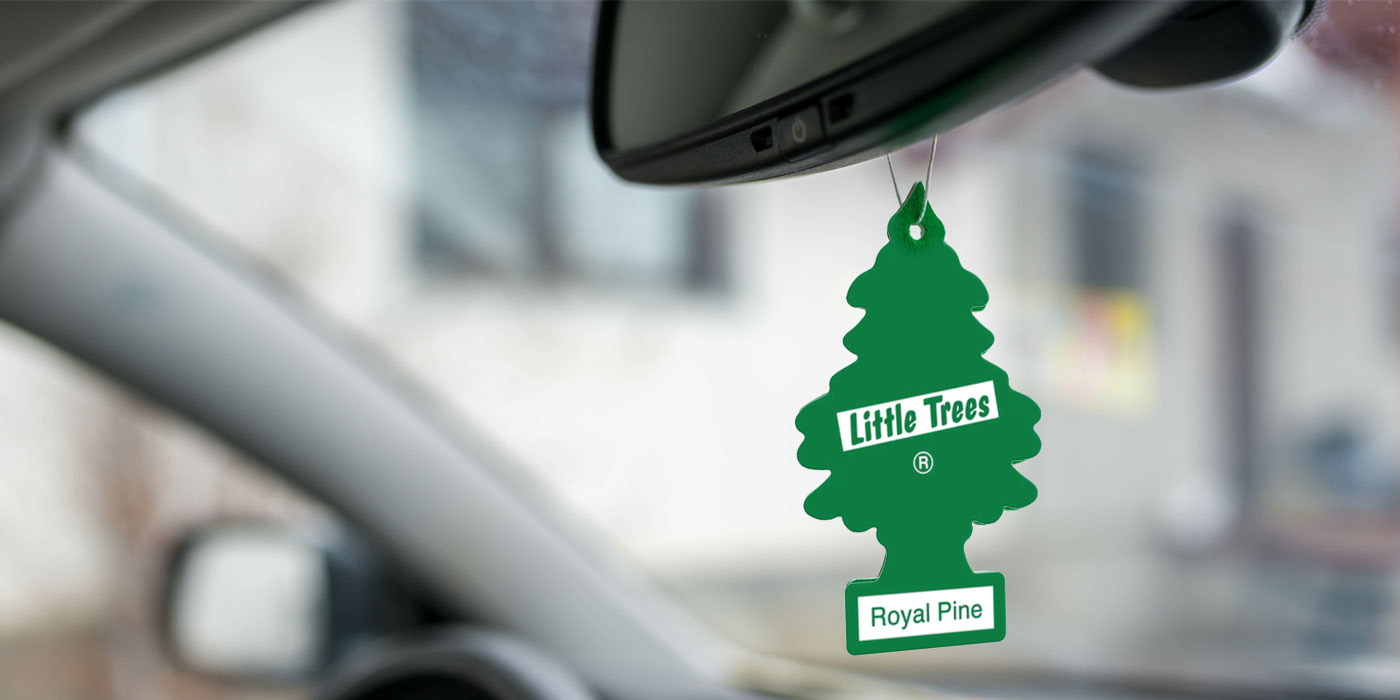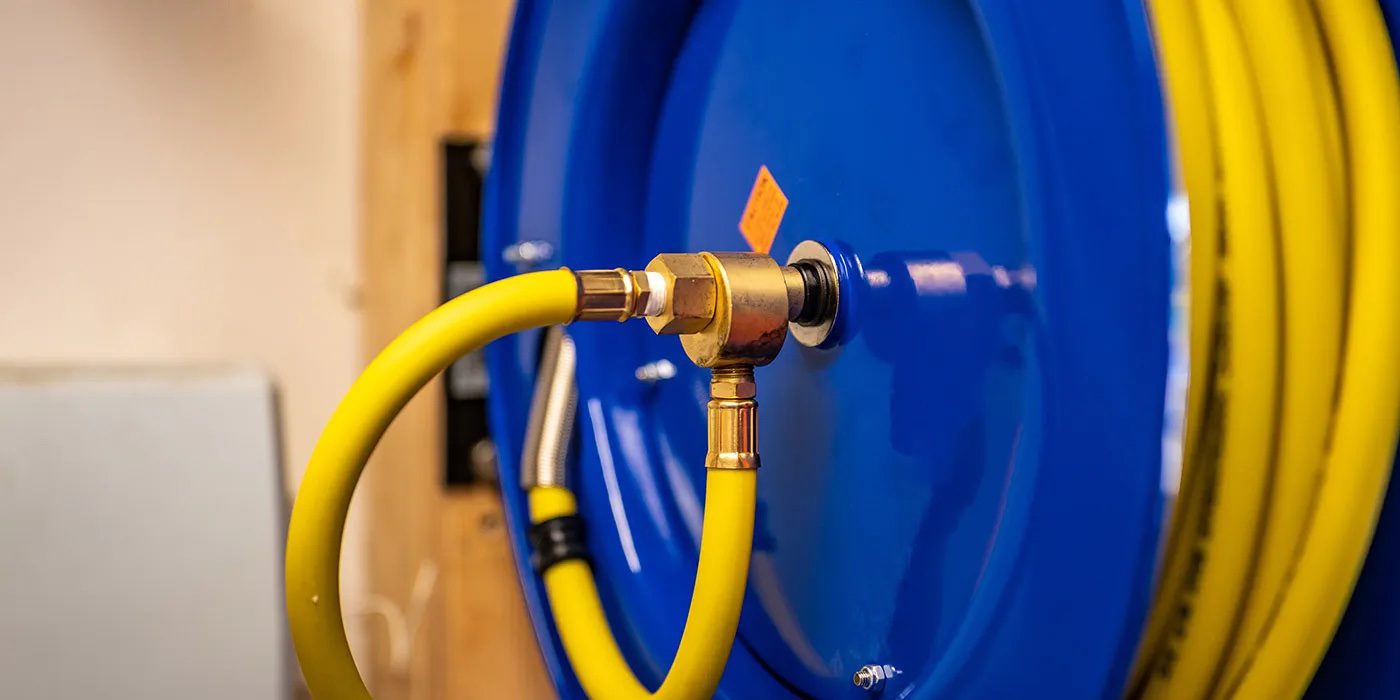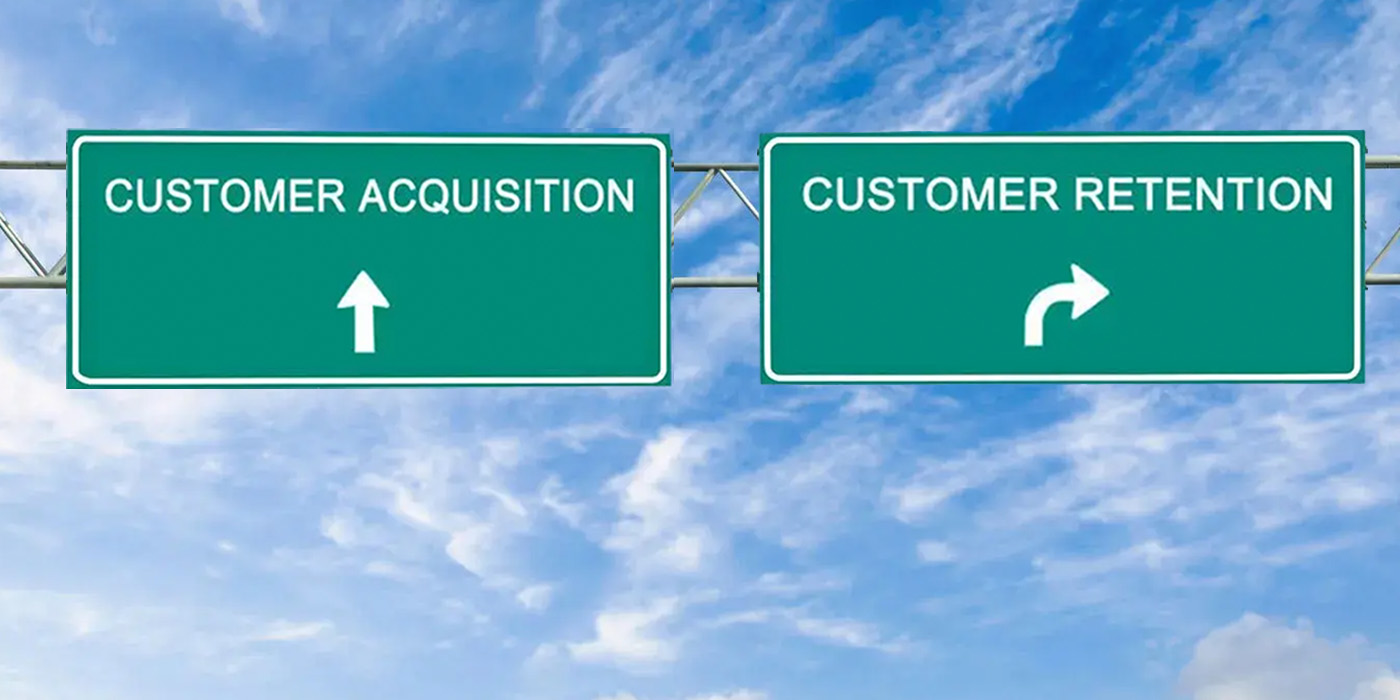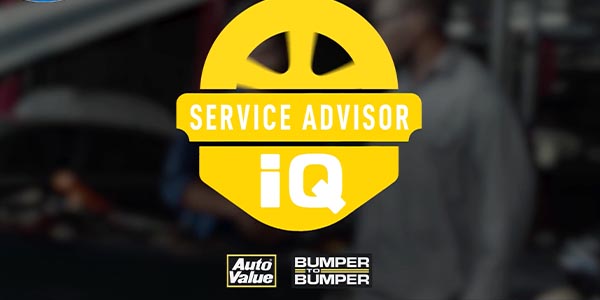This article was first published in AftermarketNews.
Please consider and reflect on the following questions and probe: Has loyalty in life and in business become a lost art? Is loyalty a word and concept that is valued and nurtured in our busy world and organizations? Employees today seek loyalty and are less likely to tolerate an insincere and ineffective leader. They put a very high premium on true loyalty and authenticity.
Loyalty is inspiring, listening, motivating and bringing out the best in employees. The success of leadership lies in the number of employees who develop and grow. Leaders mentor employees for both professional and personal growth. Company loyalty starts with the manager and their behavior. It is human nature to enjoy a positive and supportive challenge, to be encouraged to leave our comfort zone, knowing that our leader has our back and is there for us. Confidence breeds confidence. Loyalty reduces the fear of learning new skills.
Loyalty is the very fiber of families, friends, organizations and society. My concern is, in the hurry-up world, has loyalty become a lost art? The question I pose: Is loyalty ingrained in your company? Do your customers rate you high on the loyalty scale? Customer expectations are higher than ever. Loyalty holds business relationships together. Trust is the social glue that holds business relationships together.
Indeed, loyalty is a commitment to continue buying a product or service, whatever the circumstances. Does your brand strategy involve customer loyalty? Also, do you view loyalty as a value and a benefit? Loyalty is not a soft skill, it requires the highest degree of commitment, corporate character and integrity. In fact, loyalty is a strategy, which is linked to decisions that affect both employees and customers.
Loyalty is the key to customer retention. Retaining customers is about five times cheaper than recruiting new customers. Loyalty builds a strong and true partnership with your organization and customers. The pandemic was a test of customer loyalty and forced consumers to honestly evaluate which service providers they trusted. Companies seeking to safeguard and grow their revenue should focus on increasing the loyalty of existing customers.
Have a customer loyalty mindset and live by it. It is a faithfulness to all relationships, a bond-builder in life and business, and long-lasting support system. The strength of loyalty is that it can change a negative situation or relationship into a positive one. Loyalty generates creativity and solutions without judgment and positive, honest feedback.
“Success is more permanent when you achieve it without destroying your principles” – Walter Cronkite
That statement captures the very essence of loyalty. There is no such thing as overvaluing loyalty. Loyal employees tend to develop stronger bonds, which breeds cooperation and the pursuit of shared organizational goals. Being loyal can help reduce stress and improve our comfort zone and performance.
Loyalty reduces competition and is more collaborative, and results in more teamwork, brainstorming, and greater employee perspective. Loyal employees are inquisitive, eager to learn, and eager to share what they learn.
LOYALTY EQUALS:
• Improved morale
• Improved trust
• Improved communications
• Less negative conflict
• Less employee turnover
• Greater customer service and retention
• Positive brand, company image, and reputation
Let the word go out that loyalty is alive and well in the automotive aftermarket! Loyalty begets loyalty!














I once worked with a Romanian technician named Alex. He was a tiny guy who chain-smoked. His greatest fear was not a totalitarian dictator. It was fire and falling cars.
Back in those days, we used drop lights with incandescent bulbs. This was long before LEDs and rechargeable batteries. The bulbs would typically stop working when they were lightly jostled. If they were dropped, the glass bulb would shatter.